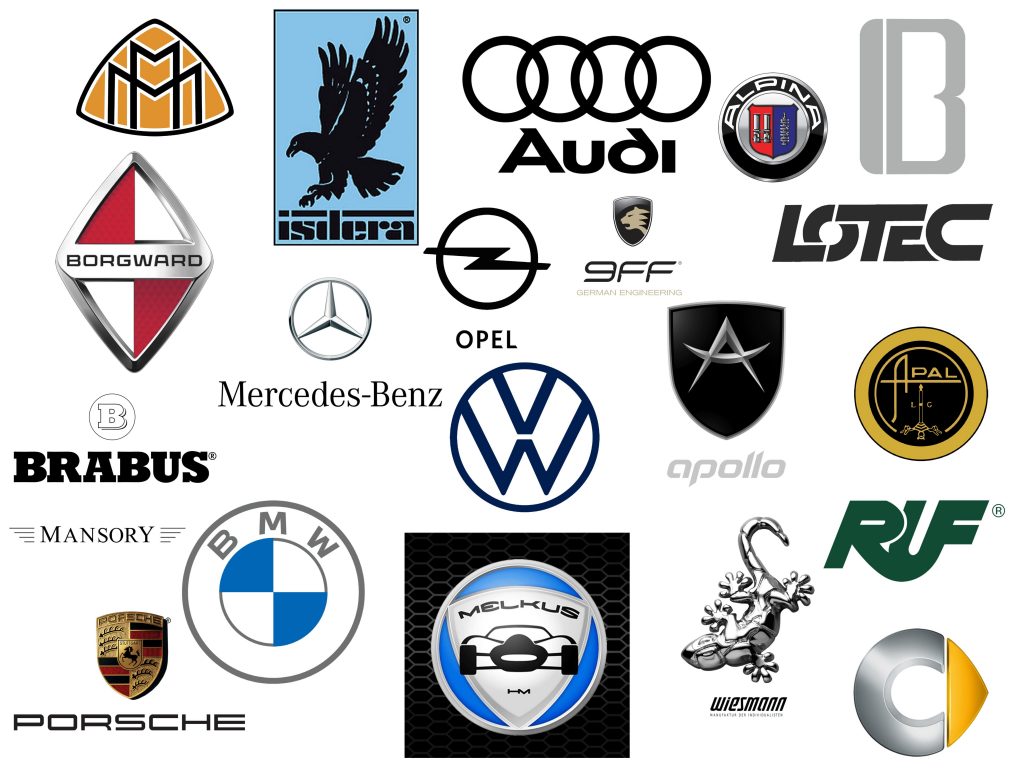German Car Brands
Tags: German | german cars
German car industry is amongst the oldest in the world, right next to the Italian and the French. The first self-propelled German carriage was introduced in 1885 by Mercedes-Benz. This brand was followed closely by Open in 1899 and Maybach in 1909. And interestingly, they made it into the 21st century.
Today, the auto market is dominated by the German brands like BMW, Audi and Mercedes. However, not all old brands survived – DKW and Horch died in the previous century, and Maybach ended just recently.
Volkswagen

Founded: 28 May 1937
Founder: German Labour Front under Adolf Hitler
Headquarters: Wolfsburg, Germany
Parent: Volkswagen Group
Website: www.volkswagen.com
Volkswagen is an icon of German car engineering, despite being one of the relatively new players on that arena. Many such brands were connected in some way to the Nazi regime, but VW was notoriously created in part by Hitler himself (and also Ferdinand Porsche, whose company was incorporated into Volkswagen later on).
Despite this scandalous fact, Volkswagen still creates affordable family cars, as they were intended to. Furthermore, they are the most successful car firm in Germany by far.
Mercedes-Benz

Founded: 28 June 1926
Founder: Karl Benz; Gottlieb Daimler
Headquarters: Stuttgart, Germany
Parent: Daimler AG
Website: www.mercedes-benz.com
Mercedes is responsible for what’s likely the first real car ever produced – 1885 Benz Motorwagen. Despite this historic triumph, Karl Benz only created his own brand in 1926. In 1966, they were merged with another luxury car manufacturer, Maybach.
By 2021, Daimler AG, which is basically the same thing as Mercedes, is the second most influential auto company amongst the Germans. However, it’s only because Volkswagen owns half the European auto enterprises.
BMW

Founded: 7 March 1916
Founder: Camillo Castiglioni; Franz Josef Popp; Karl Rapp
Headquarters: Munich, Germany
Website: www.bmw.com
BMW was founded in 1916 in Bavaria by a Swiss Karl Rapp, and their focus was at first on making the aircraft parts. When this industry collapsed, they switched to releasing cars in 1928.
It was followed by a shameful participation in the weapons manufacturing for the German army in WW2, and then by a stunning growth after the war. Nowadays, they are one of the most successful independent German car producers (at $100 billion income).
Audi

Founded: 1910
Founder: August Horch
Headquarters: Ingolstadt, Germany
Parent: Volkswagen Group
Website: www.audi.com
The history of Audi is rich with mergers and unifications. The initial Audi firm was launched by August Horch in 1909, and it wasn’t even his first company. He was a renowned engineer and started making cars as soon as he could.
In 1932, his enterprise was merged with four other well-known German manufacturers – namely, Horch (his first company), DKW and Wanderer, which, sadly, no longer exist. In 1964 they were acquired by Volkswagen, and 5 years later merged again – with NSU.
Porsche

Founded: 1931
Founder: Ferdinand Porsche
Headquarters: Stuttgart, Baden-Württemberg, Germany
Website: www.porsche.com
Other notorious producers in this country focus on family cars or luxury cars, but Porsche is the leader in the high performance field. They are by far the most successful participator at Le Mans and motorsport as a whole, and it says a lot about the quality of their products.
Porsche started his company in 1931, and earned himself a name quite fast. He also came to found Volkswagen later on, and the two companies are still close partners.
Maybach

Founded: 1909
Founder: Wilhelm Maybach
Headquarters: Stuttgart, Germany
Owner: Daimler AG
Website: www.maybach-manufaktur.com
Maybach was one of the oldest car brands in Germany, being founded in Stuttgart in 1909. In the 20s and 30s, they’ve created a few luxury cars, but this branch of their work was halted in the 40s and never restarted. In 60s, Maybach was bought by Daimler and put to engine production.
As a brand, Maybach was reanimated in 1997 as a producer of expensive collector’s cars. The sales weren’t too high, and the company was shut down in 2013.
Opel
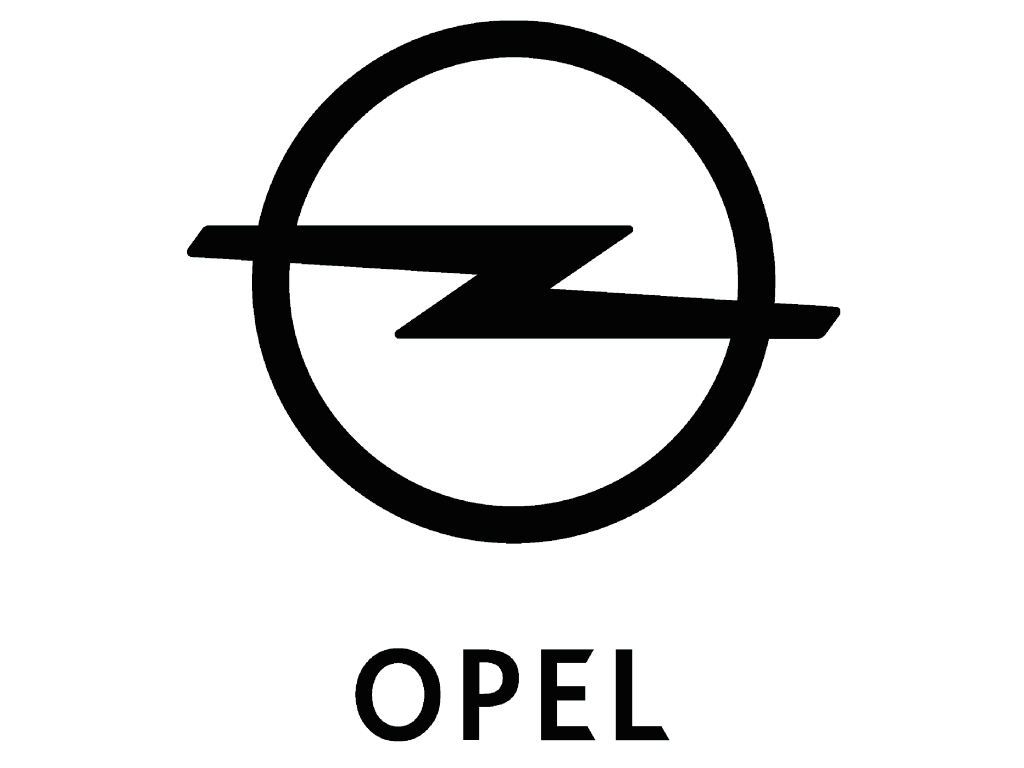
Founded: 21 January 1862
Founder: Adam Opel
Headquarters: Rüsselsheim am Main, Hesse, Germany
Parent: Groupe PSA
Website: opel.com
Opel’s first car was released in 1898, which was then one of the first of its kind. The following years were kinder to this brand than to its competitors, they quickly rebuilt in the 20s, General Motors bought then in 29, and by the close of the 30s they were the German manufacturer.
By the end of the Second World War, however, they moved into the background. They were still a major player, but not the biggest exporter they were before.
Minor brands
Over the course of the history, there were hundreds more car manufacturers in Germany. Only about a dozen has made it into the 21st century.
Modification providers
Some brands simply modify the models of someone else’s design. For instance, Alpina upgrades BMW cars to make them more powerful and trek-fit since 1965. Almost all of their cars are BMW-based.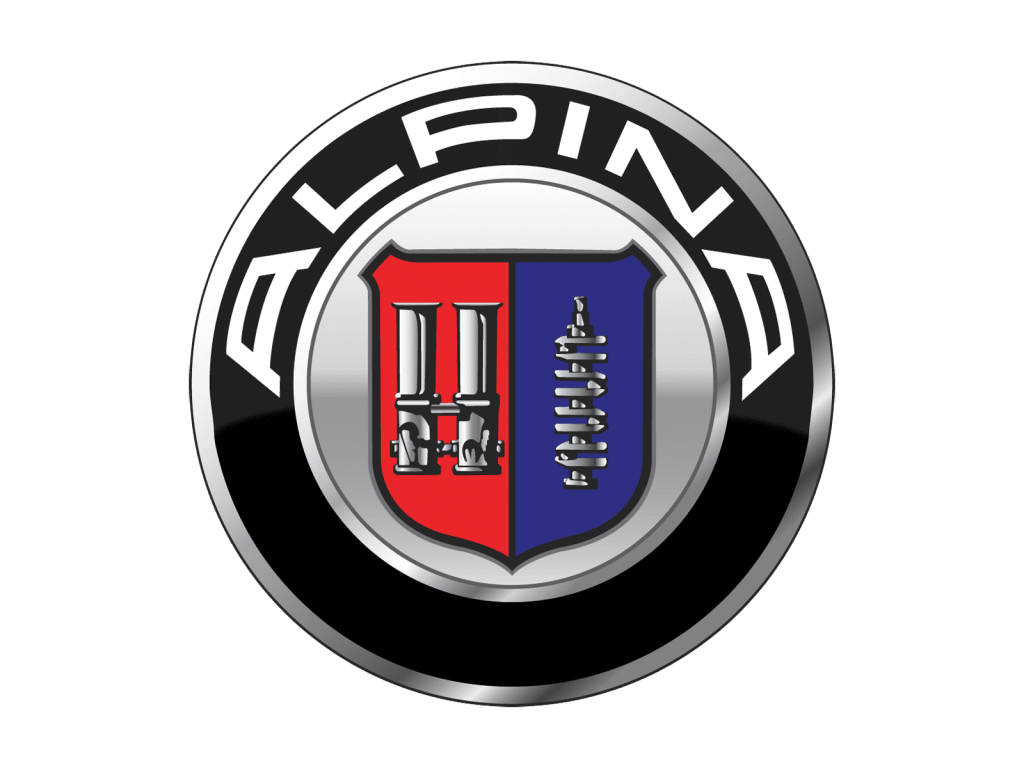
Then there is Ruf, which is a much older company (been around since 1939). They were at first just a servicing garage, but started creating powerful sports cars based on the Porsche models. They are still doing it to this day.
9FF (2001) has a similar focus as Ruf. They both create something else out of the Porsche models – in this instance it’s the powerful racing cars that can go up to 400 km/h.
Another modifications provider is Mansory. They mostly specialize on making sports cars from the well-known brands into luxurious products by filling them with high quality material and decorations.
In contrast, Brabus (1977) has been working closely with Mercedes to tune and enhance the power of their cars. The partnership was so close that Mercedes bought them in the 90s.
Lotec is yet another small-time brand that mostly services bigger companies. Since their birth in 1962, they’ve mostly been providing upgrades to Porsche and helping Mercedes build their cars.
Revived brands
There are even older brands – in 1924 what is now Borgward was created. It’s a largely small-scale manufacturer, but they’ve created some very popular cars, like Borgward Isabella. Today’s Borgward is a 2008 revival of the older brand that closed in the 60s.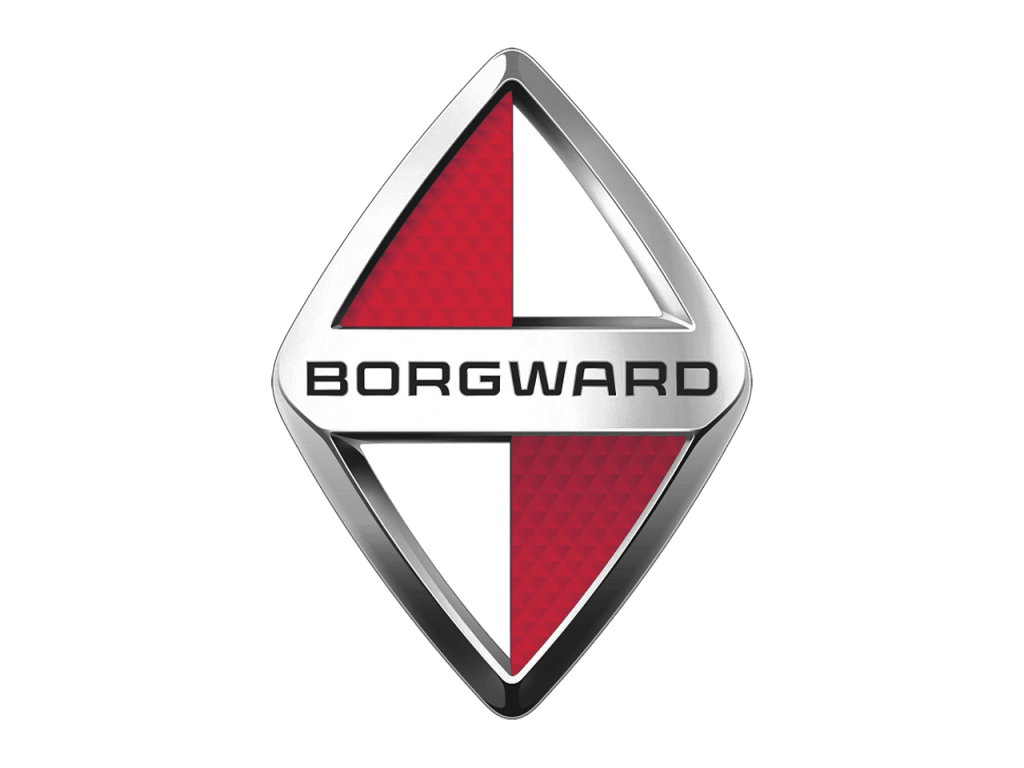
Another revived brand is a 2006 Melkus. They were creating racing cars using the engines from the East-German ‘Wartburg’ company in 1959-1986. They’ve also been using Japanese and other German engines recently.
High-quality small-time producers
Bitter (1971) is a German-Austrian brand that focuses on rebody-ing and enhancing the cars to improve their performance. They don’t make too many of these cars, as they are considered a luxury manufacturers and sell their products at high cost.
Isdera (1982) has similarly been creating cars on a small-scale for 40 years now. It’s not a luxury car producer, but all of their products are built manually and customer-specifically.
Other
Apollo (formerly, Gumpert) has been founded in 2004 by a former Audi boss, and their assortment of cars includes top-tier high-performance sports cars with the emphasis on speed.
Apal has initially been a Belgium brand, but they moved to Germany in 1998. Initially they were a producer of racing and sports cars, but several years after the move they stopped making cars at all. Now they are just a provider of services.
Smart is a 1994 created subsidiary of Mercedes, and their main line of product are mini-cars with the emphasis on being compact, as well as brisk.
Wiesmann (1988-2013) has been a fairly famous brand of cars that unfortunately bankrupted by 2013. However, their powerful sports cars can be bought from independent salesmen even now.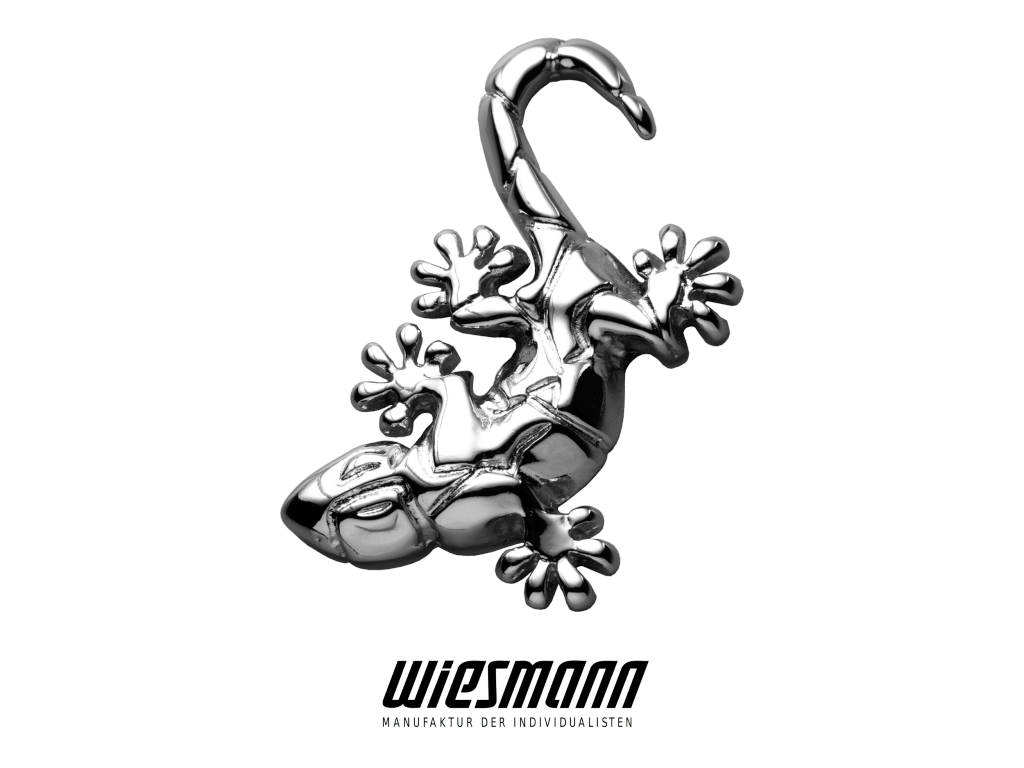
One-offs
Furthermore, there are one-offs, including: ‘YES!’ – brand that created a violently ginger sports roadster back in 1999’, Jetcar – a peculiar jet-inspired car from 2000 with a hatch and two seats one behind another, and Weineck – a sports car based on Shelby Cobra from the 60s, very popular in Germany.
